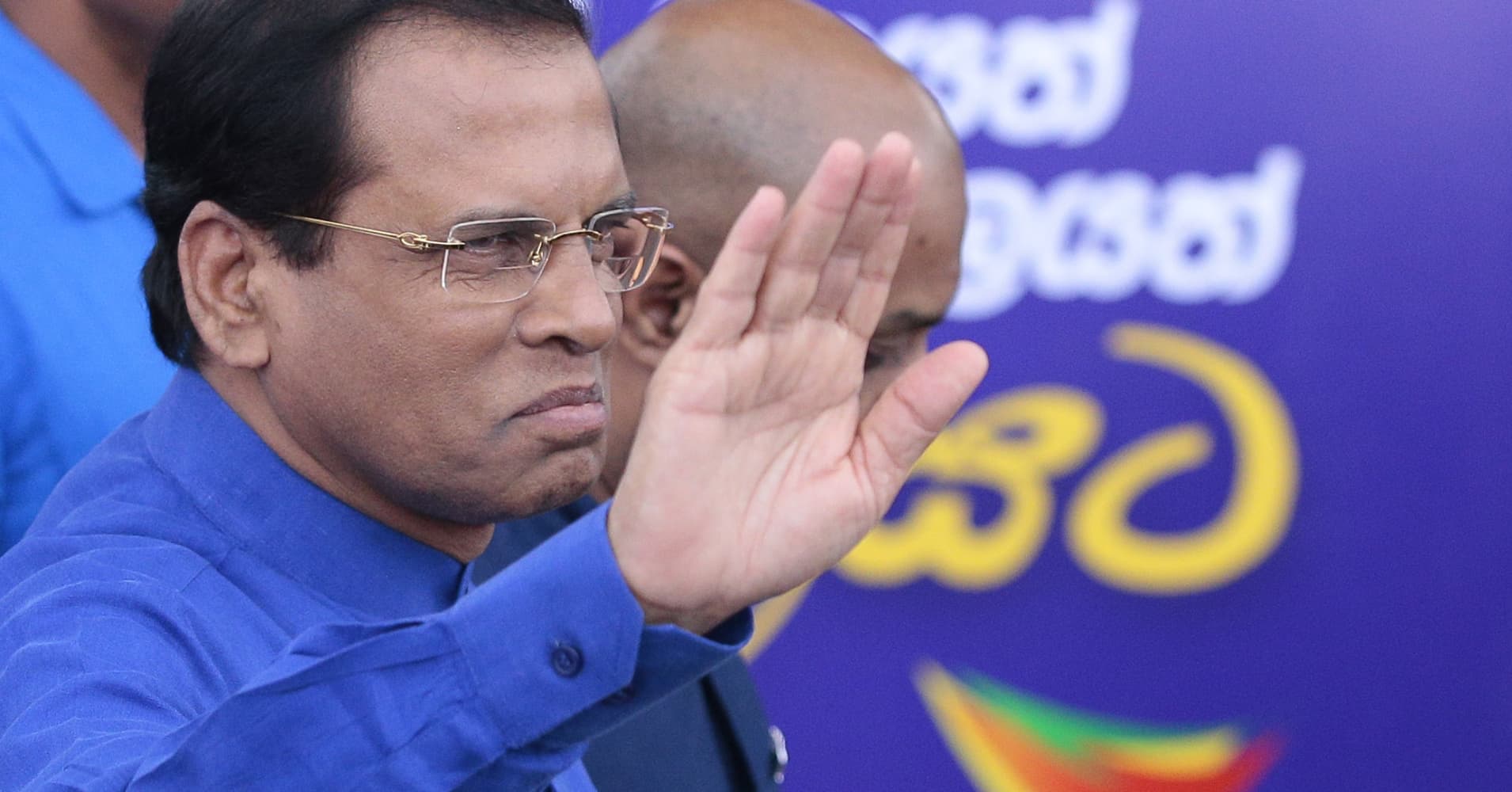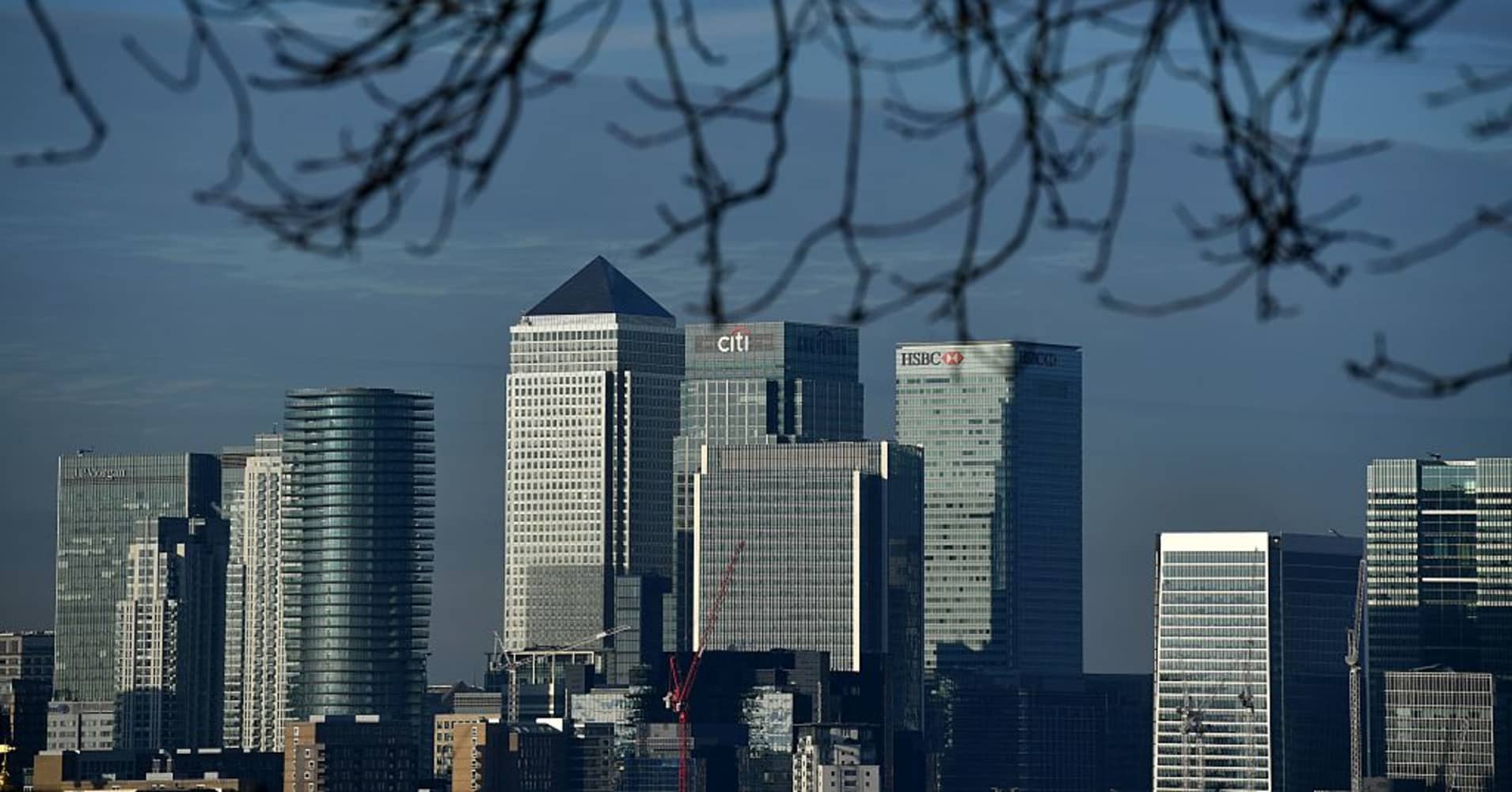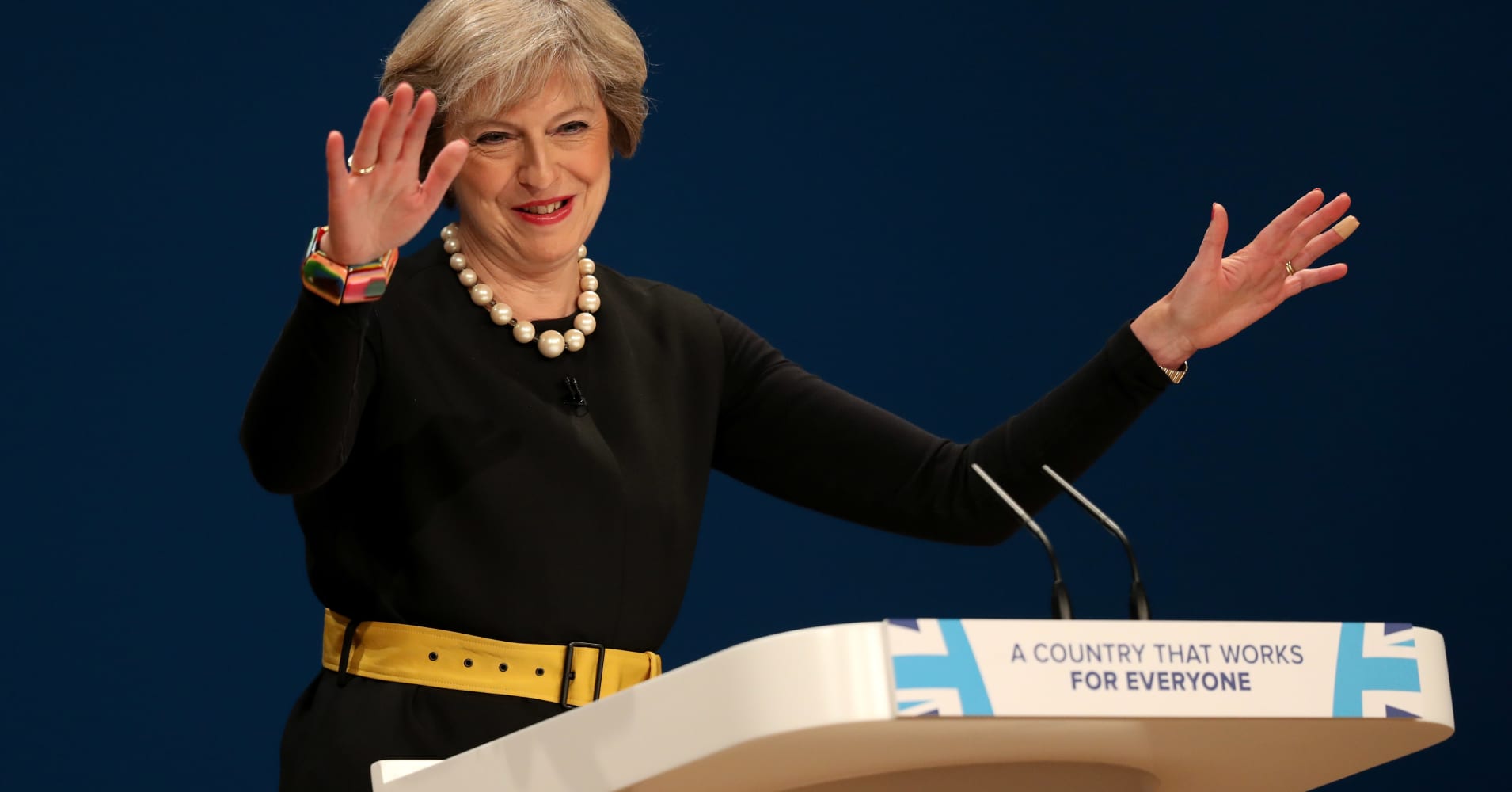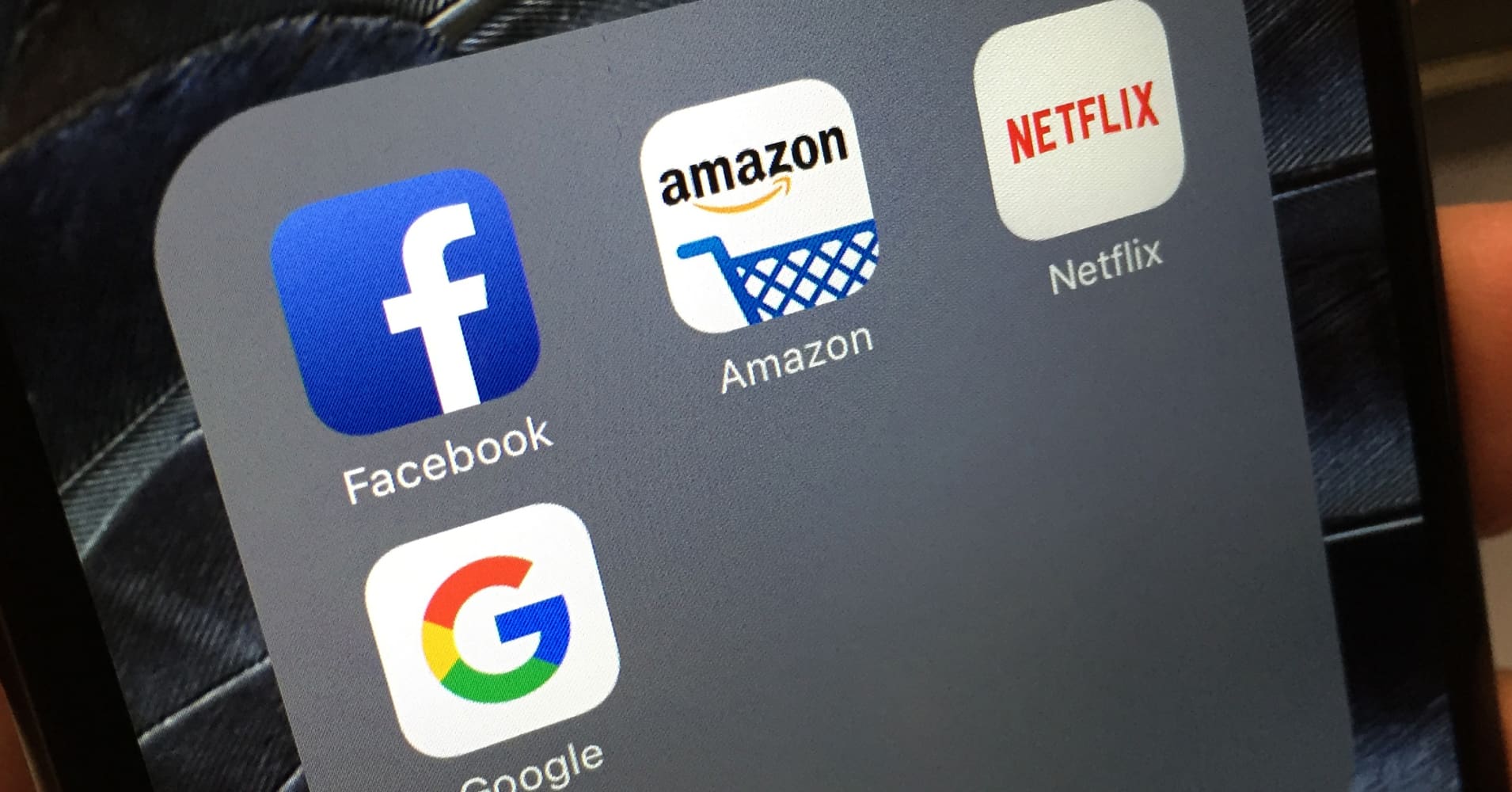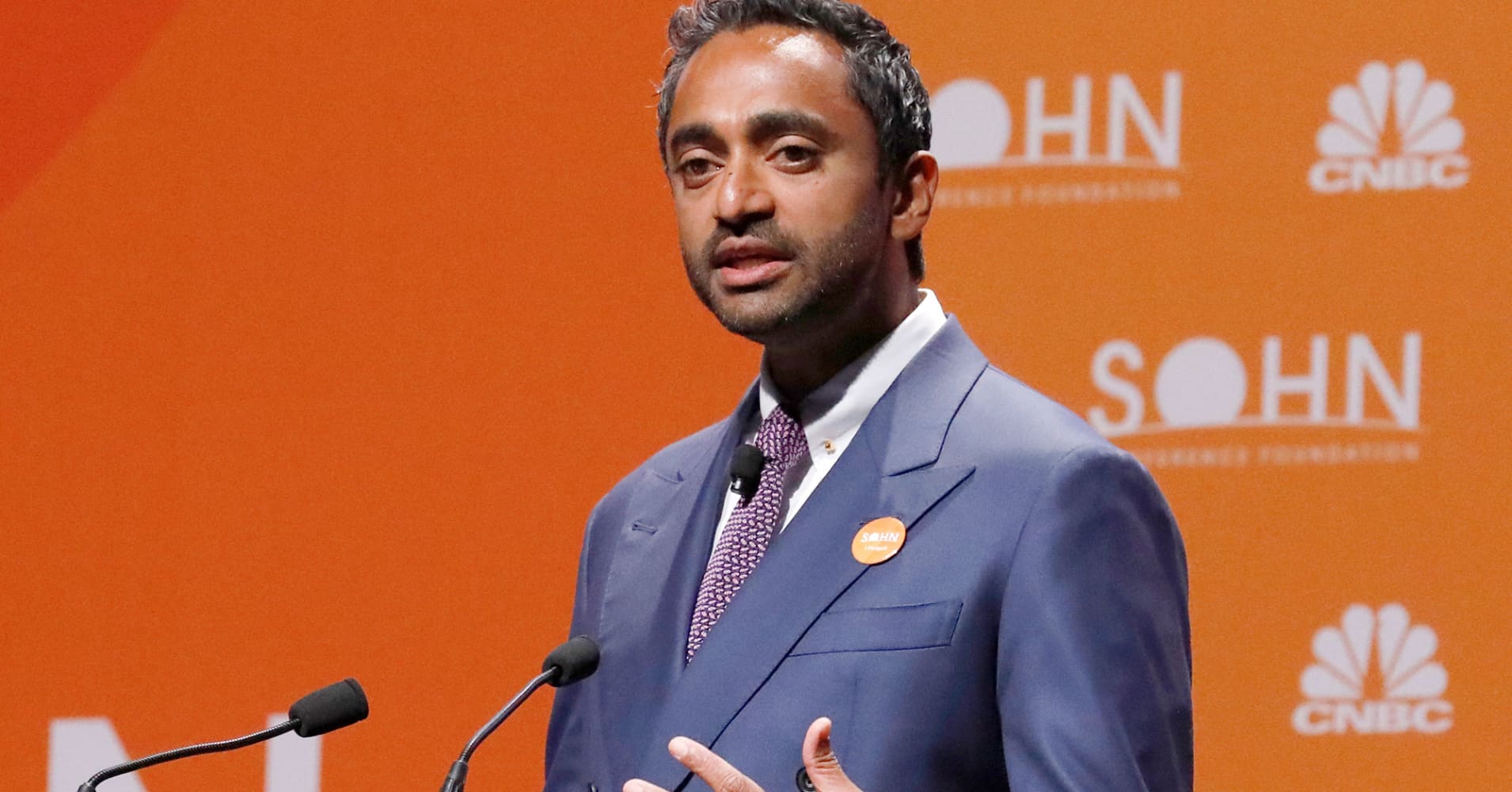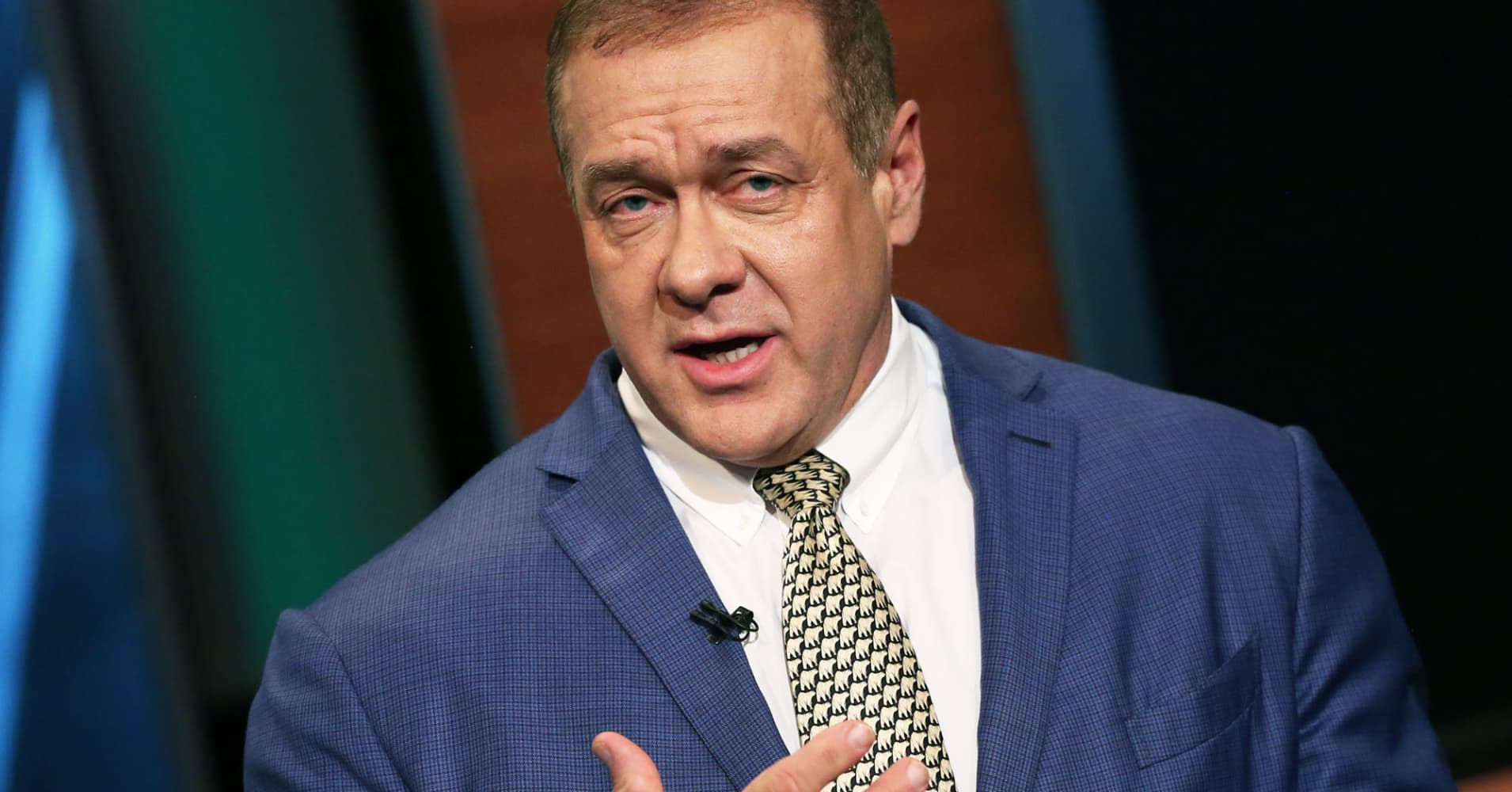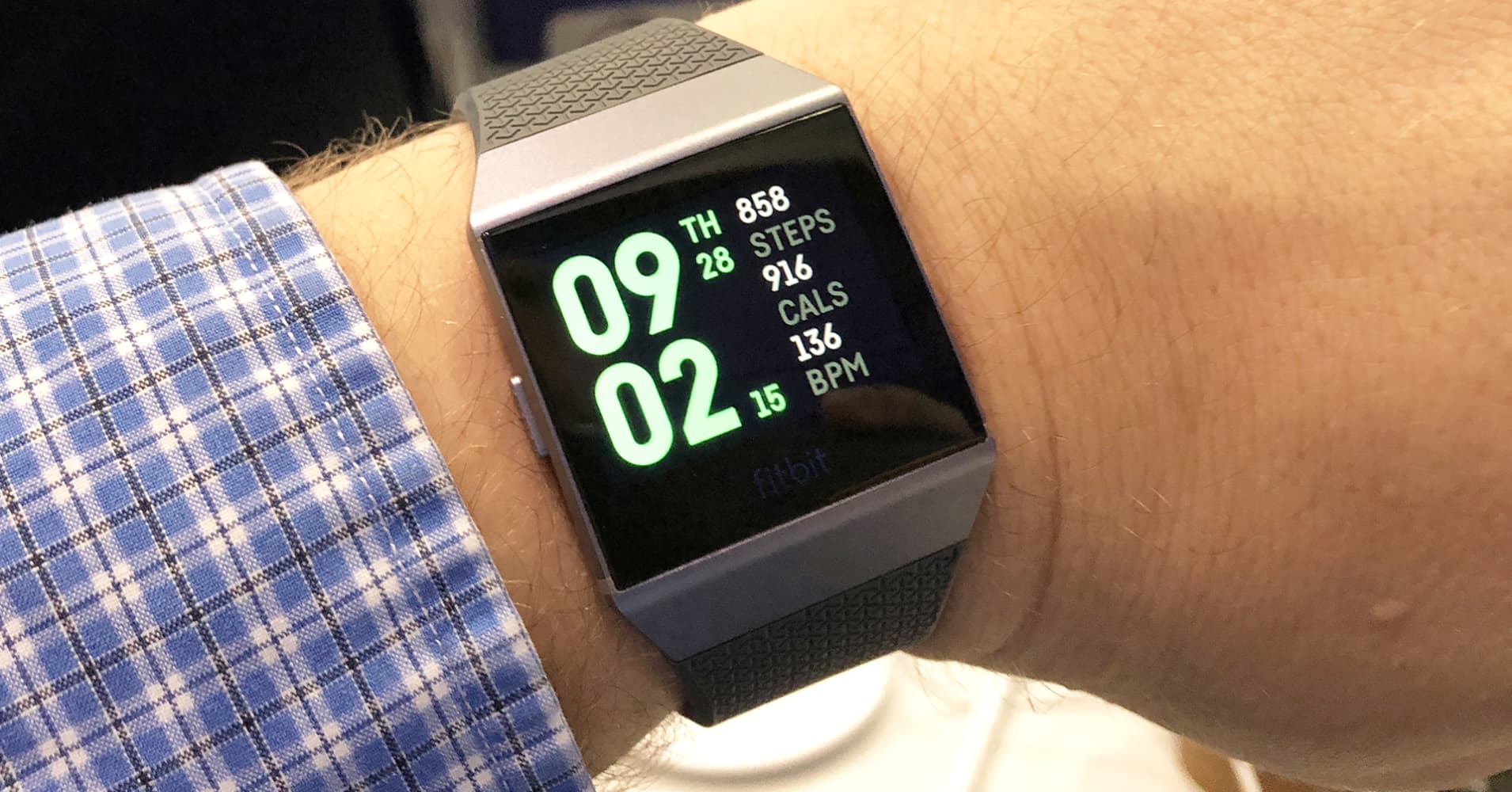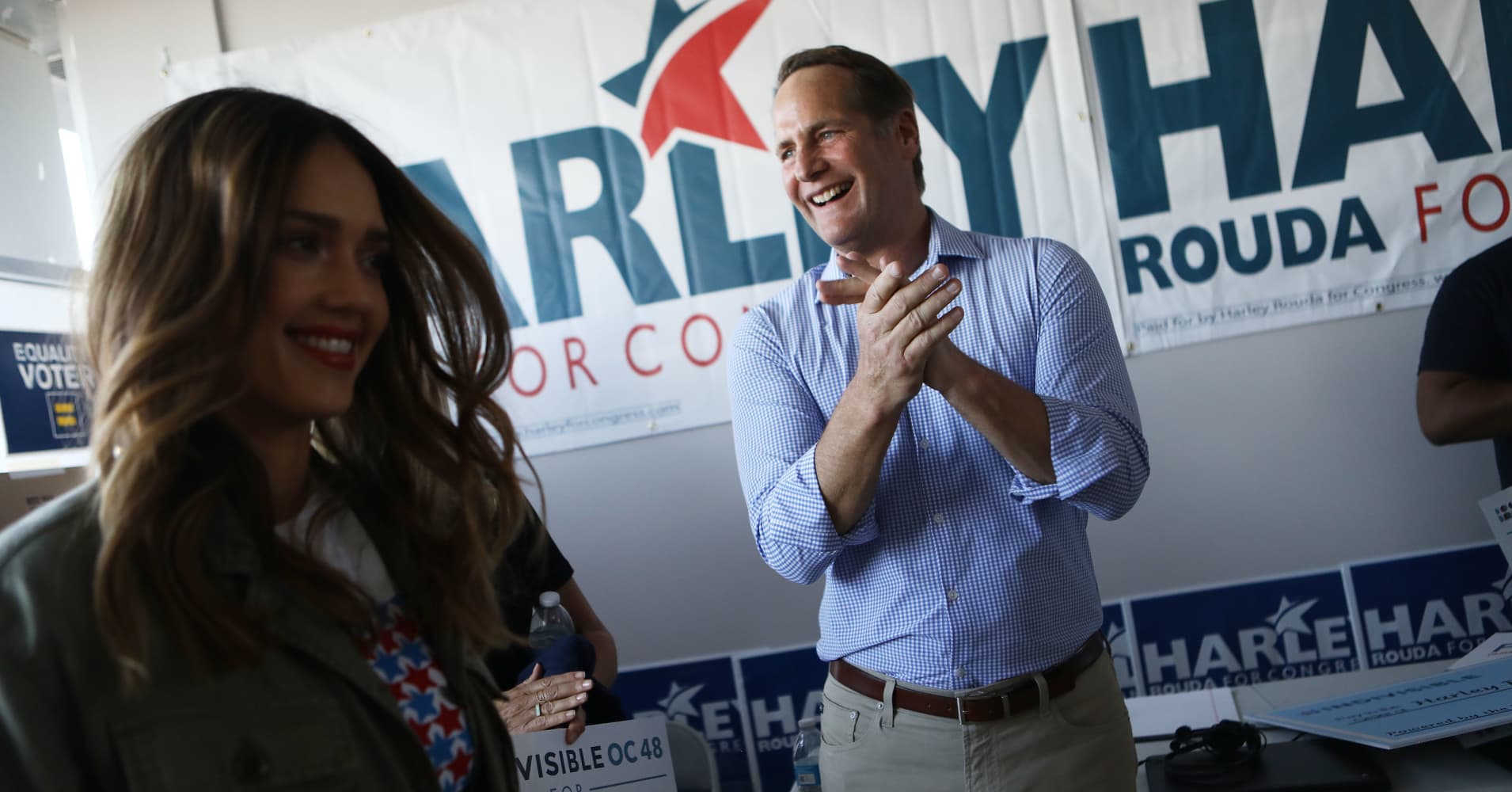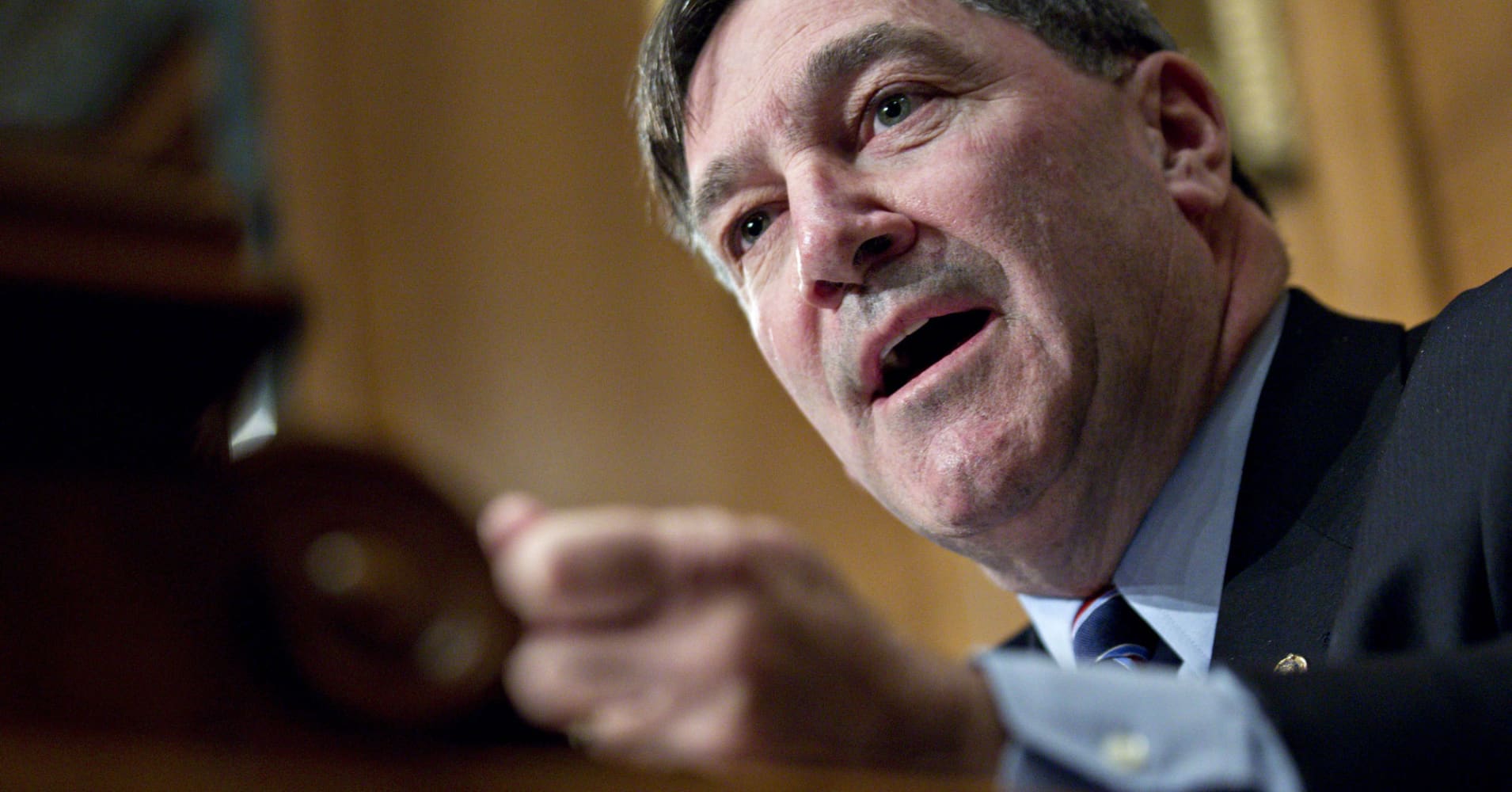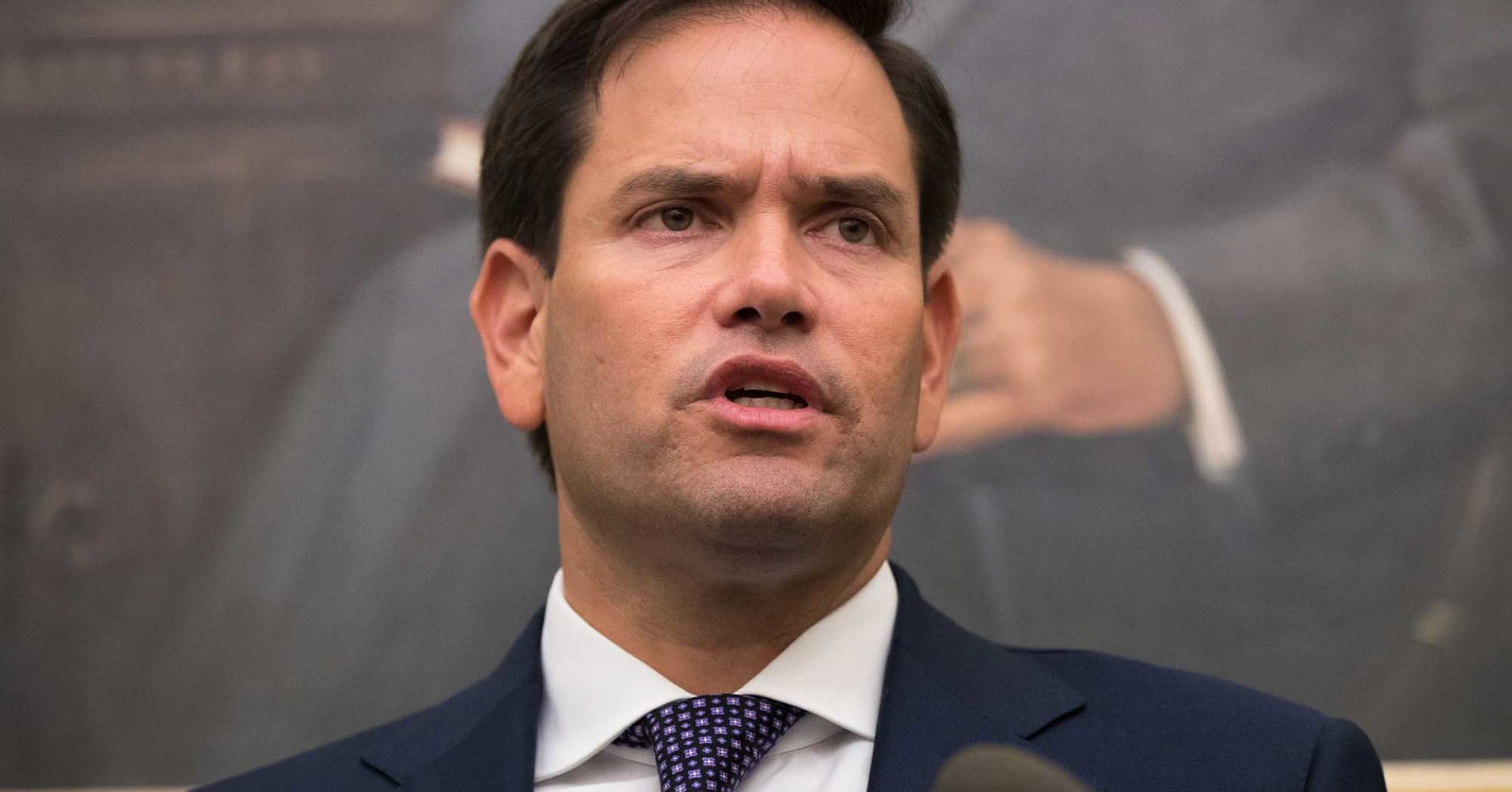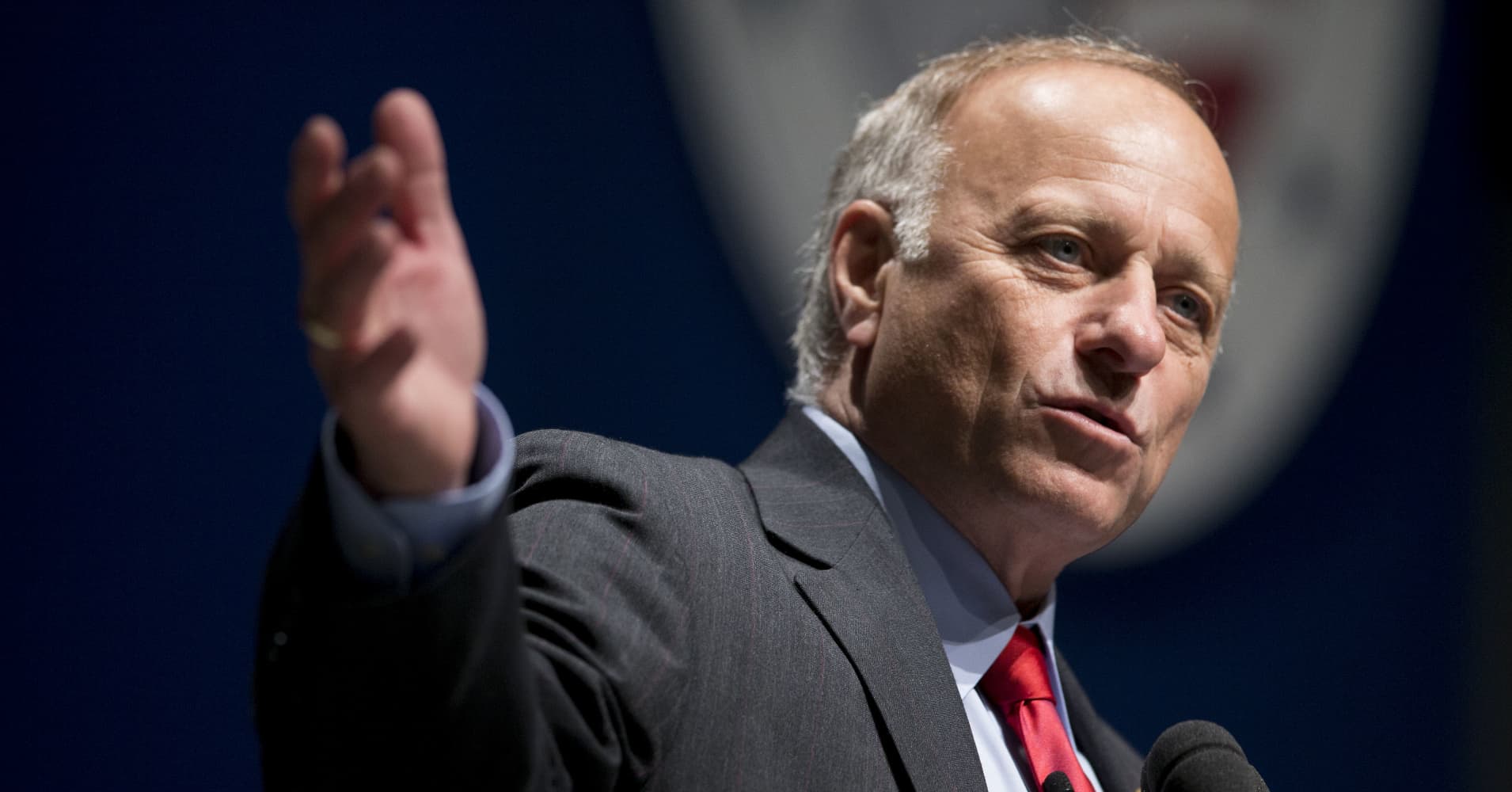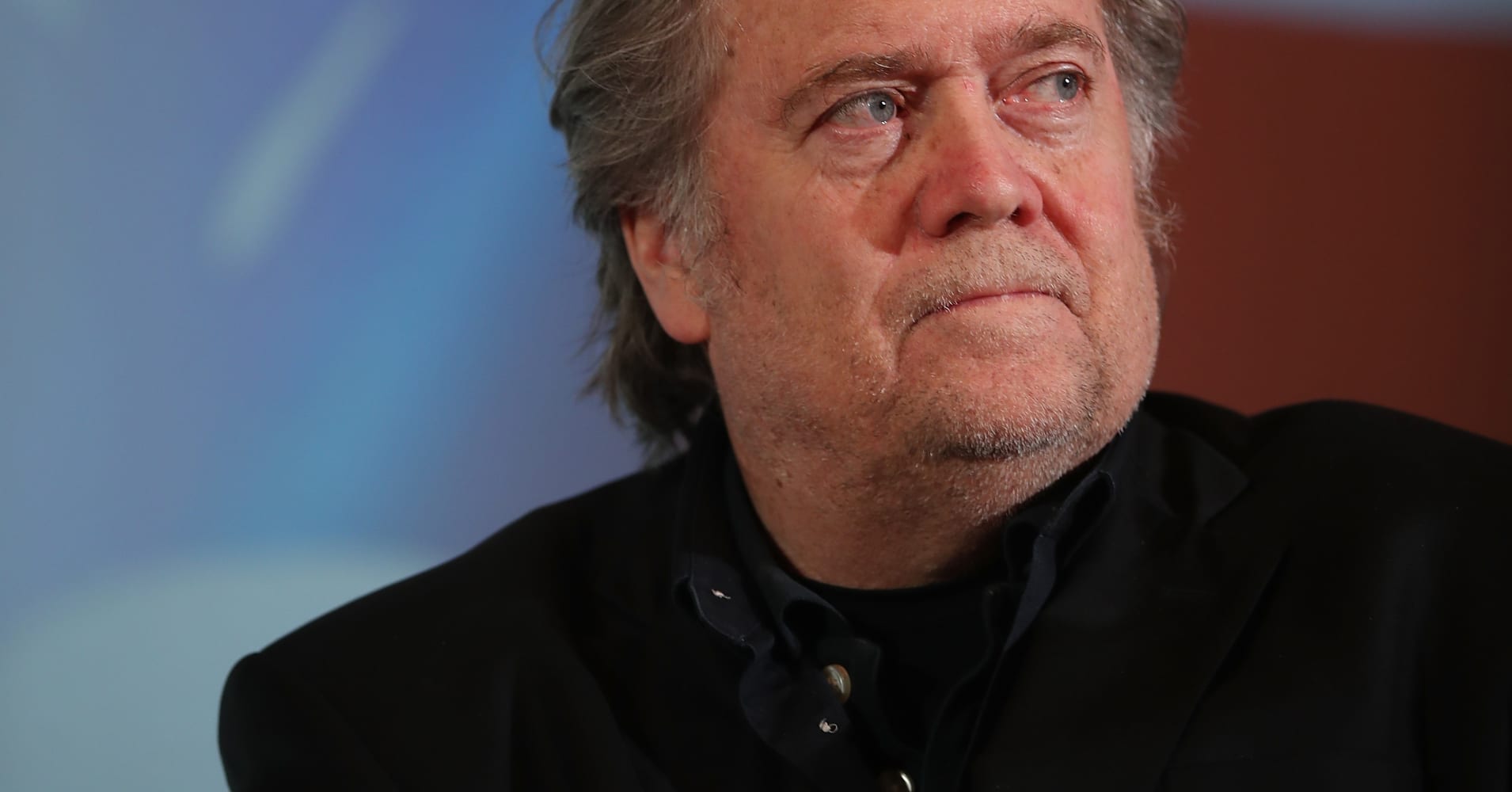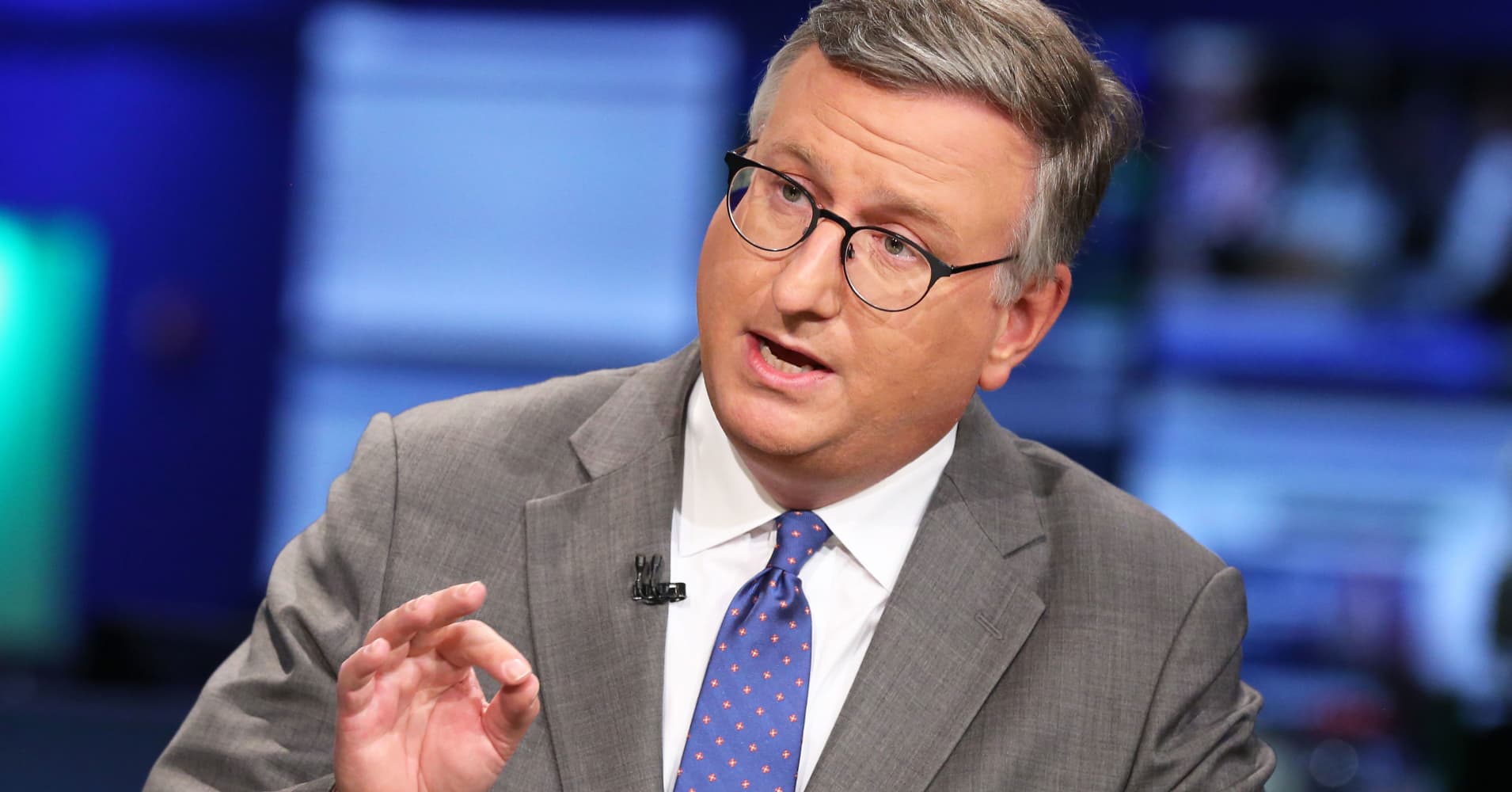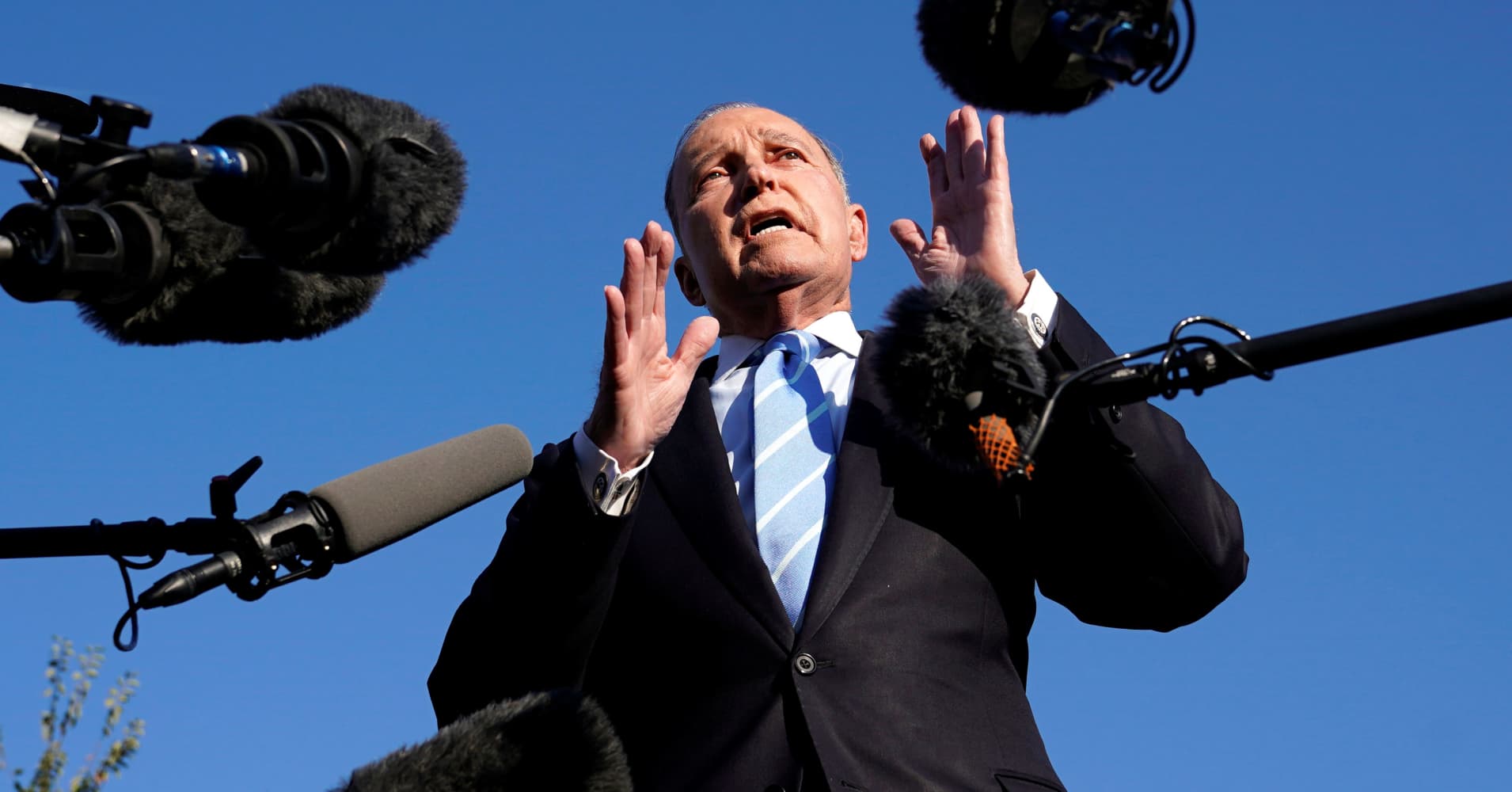The suspect in the Pittsburgh synagogue massacre was indicted by a federal grand jury Wednesday, four days after 11 people were killed and six wounded in the deadliest attack on Jews in American history.
The indictment, which was expected, charges Robert Bowers with 44 counts, including hate crimes. Federal prosecutors have previously indicated they plan to seek the death penalty. The charges were announced on the second day of funerals for the victims.
"Today begins the process of seeking justice for the victims of these hateful acts, and healing for the victims' families, the Jewish community, and our city," U.S. Attorney Scott Brady said in a statement. "Our office will spare no resource, and will work with professionalism, integrity and diligence, in a way that honors the memories of the victims."
Bowers remained jailed without bail ahead of a preliminary hearing scheduled for Thursday.
Members of Pittsburgh's grief-stricken Jewish community, meanwhile, endured another round of funerals for the congregants who were gunned down in Saturday's rampage.
Melvin Wax, 87, Irving Younger, 69, and Joyce Fienberg, 75, were being laid to rest as part of a weeklong series of services.
"It can't be fixed," Robert Libman said at the funeral of Fienberg, his sister, clutching his chest as he described the pain of losing her. "My sister is dead. My sister was murdered. There was no one I know like her. Pure goodness. ... She was the most tolerant and gentle person that I've ever known."
Her sons, Anthony, of Paris, and Howard, of Vienna, Virginia, said she spent five years caring for their father as he battled cancer, then after his death a few years ago, devoted more of her time and energy to Tree of Life.
"My mom would be very angry that her funeral wasn't able to be at Tree of Life, and that her friends lost Saturday couldn't be here," Howard Fienberg said.
The funerals for Wax and Younger were to be held later Tuesday.
Six people were wounded in the attack, including four police officers, two of whom remained hospitalized with gunshot wounds. Two congregants were still in the hospital, one in critical condition.
In a bit of good news, hospital officials said the two most seriously injured shooting victims are improving.
A police officer and a congregant remain in intensive care but "are doing much better now," Dr. Donald Yealy, chairman of emergency medicine at UPMC, said Wednesday. "I think overall the prognoses are good now. But each of them, in a varying way, will have a different trajectory and likely will require a series of ongoing care."
With Tree of Life still cordoned off as a crime scene, the man arrested in the attack, 46-year-old truck driver Robert Gregory Bowers, remains behind bars, awaiting a hearing Thursday on federal hate-crime charges that could bring the death penalty. Authorities said he raged against Jews during the attack.
The first three funerals were held on Tuesday, with thousands of mourners jamming a synagogue, a Jewish community center and a third, undisclosed site for the funerals of a beloved family doctor, a pillar of the congregation, and two intellectually disabled brothers in the 50s who were known as "the boys."
Cecil and David Rosenthal were "beautiful souls" who had "not an ounce of hate in them — something we're terribly missing today," Rabbi Jeffrey Myers, a survivor of the massacre, said at their funeral at Rodef Shalom, one of the city's oldest and largest synagogues.
The brothers were both active at Tree of Life, with Cecil the more gregarious of the two, a man with a booming voice who was known as the "mayor" of the city's Squirrel Hill neighborhood and the "town crier" for the gossip he managed to gather.
"They were innocent like boys, not hardened like men," the Rosenthals' sister, Diane Hirt, told mourners.
On Tuesday afternoon, after the day's funerals were over, Trump and first lady Melania Trump arrived in Pittsburgh to shouting, chanting protesters with signs such as "It's your fault" and "Words matter," a reference to allegations that Trump's combative language has emboldened bigots. Pennsylvania Gov. Tom Wolf and Pittsburgh Mayor Bill Peduto, both Democrats, declined to join him during the visit.
"He didn't pull the trigger, but his verbiage and actions don't help," said Squirrel Hill resident Paul Carberry, 55, wearing anti-Trump patches on his hat and jacket.
Another Squirrel Hill resident, Shayna Marcus, a Jewish 34-year-old nurse and Trump supporter who hoped to catch sight of the presidential motorcade, said: "I don't think focusing on Trump is the answer, or on politics."
One person was arrested during the protests.
During their visit, Trump and the first lady lit candles at Tree of Life for the victims and laid white roses as well as stones for each of the dead, a Jewish burial tradition. They later went to a hospital to visit with survivors.
They were joined by Trump's daughter Ivanka and her husband, Jared Kushner, as well as Myers, the Tree of Life rabbi, and Israeli Ambassador Ron Dermer.
A private funeral was conducted Tuesday for Daniel Stein, the 71-year-old men's club president at Tree of Life. And a service with more than 1,000 people was held for Dr. Jerry Rabinowitz at the Jewish Community Center in Squirrel Hill.
The 66-year-old Rabinowitz was a go-to doctor for HIV patients in the epidemic's early and desperate days, a physician who always hugged his patients as they left his office.
"A lot of people are feeling really angry about this. A lot of rage built up inside about this, because of it being a hate crime. Don't get me wrong; I do. But I'm so overwhelmed with sadness right now that I can't even be angry right now," said Robin Faulkner, whose family had seen Rabinowitz for 30 years and counted him as a dear friend. "It's just such a loss. Just tragic."
Among the mourners at the Rosenthal brothers' funeral was Dr. Abe Friedman, who typically sat in the back row of Tree of Life with the two men but was late to synagogue on Saturday and was not there when the gunman opened fire.
As he stood in line at the funeral, Friedman wondered why he had been spared.
"Why did things fall into place for me?" he asked. "I usually sit in the back row. In the last row, everyone got killed."
Let's block ads! (Why?)
from Top News & Analysis https://ift.tt/2DeWT3s


